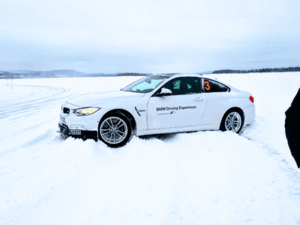Making mistakes is a must
While Japanese people often are extremely careful not to make mistakes, there are some who are in fact pro-mistakes; who don't mind them and even appreciate the fact that they are educational. I am one of these people. However, I have started to realize that there are situations in which we cannot make mistakes as frivolously as I imagined. In case of running IT infrastructural equipment, such as server administration in our case, making mistakes could be fatal to the business.
To my strong belief, without making mistakes, people cannot learn. However, there are situations where you must not make mistakes. How do we deal with this dilemma? In case of golfing, we have such a thing as a driving range. If you want to perform better at golf courses, you'd better practice at the driving range. Thus, at e-Jan, we should prepare a simulated environment and practice; try many times until you are confident, then go into the real environment.
In case you don't have a simulated environment, just like in our situation at the beginning stages of the business, what should you do? We just took the risks and went ahead since we didn't have enough resources to check everything in advance; we were lucky that the risks we took didn't terminate our business. It's accepted to a certain degree, but upon expansion of the business, customers started to demand more, and we became more rigid; afraid of failure.
Becoming afraid of failure is a sign of growth stopping. Yes, I appreciate the driving-on-ice experiences where I can drive and make mistakes, and end up getting the car stuck in the snow, without it being fatal. Failure is a result of taking on a challenge. Taking on a challenge makes you improve a lot. So, to get better, it is a must to make many mistakes, but they must not be fatal. Driving on ice in a controlled environment justifies me to do so.
What we do now at our company is make sure that we have enough opportunities to practice; we encourage our employees to conduct experiments. Since I believe that is how brands get stronger and more reliable, we justify the costs and time involved in trying, practicing, and allowing for failure. Simulated environments are also required. It surely costs a lot, but it is just like my driving-on-ice experiences and I know the approach works!
